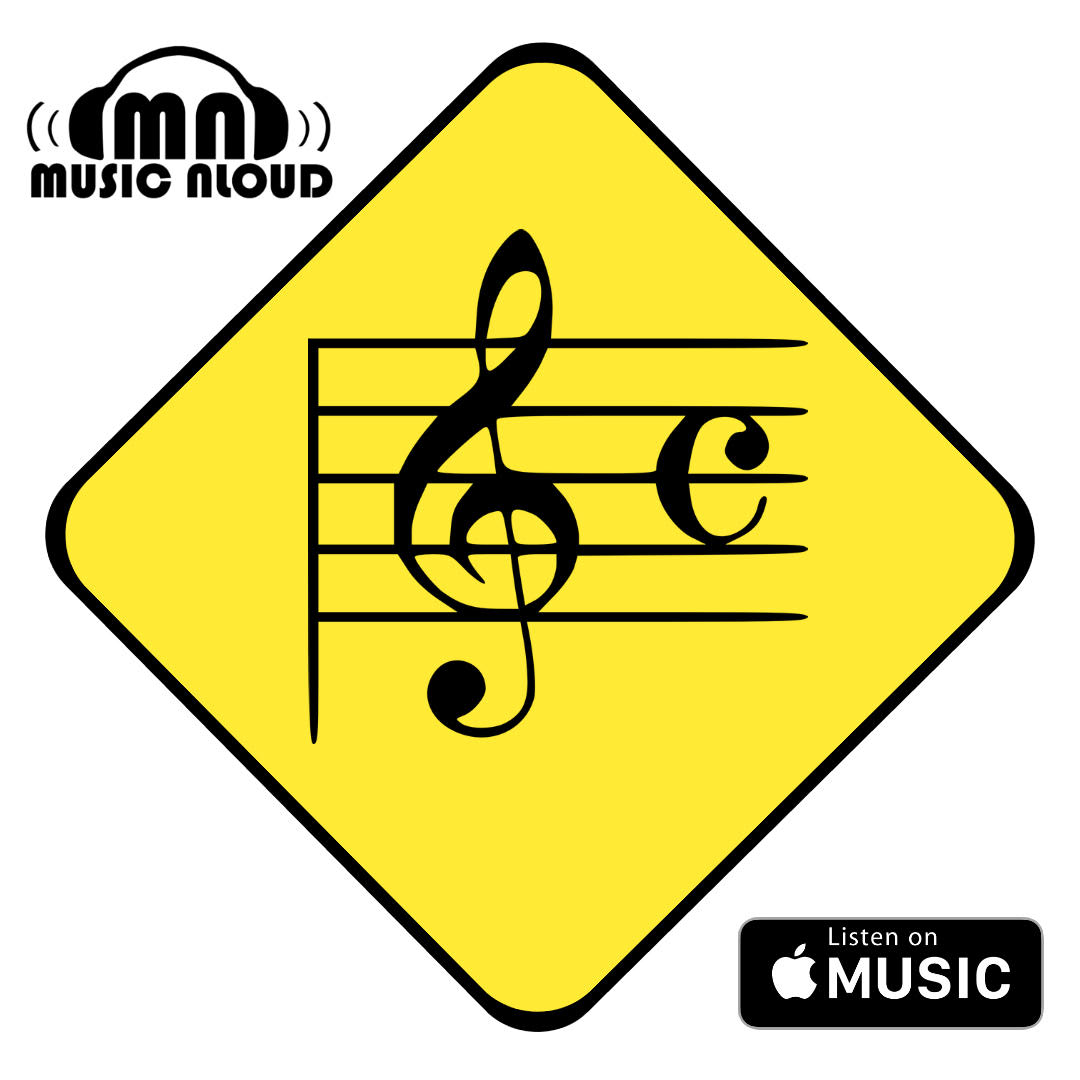 The title song’s semi-classical arrangement is wonderfully serene and soothing, and would have been a perfect opener if not for Ali Zafar’s vocals sounding a tad below-par. The flair that the man displayed in Coke Studio season 1 delivering tracks like Allah Hu and Yaar Daddi is strangely missing on this relatively easier-to-render track. The rough edges are less noticeable in the breezy and much more Ali Zafar-esque R&B Mix version of the track. Zafar sounds much better in home turf crooning Tu Jaanay Na which is trademark Ali Zafar material, sweetly romantic, pop and very sing-along. A beautifully buoyant arrangement and an excellent use of the chorus makes this song one of the picks of the album (though after listening to the rest of the album this song would seem rather shallow). Equally hummable is Jab Say Dekha Tujhko, a mildly rock-flavored track, Zafar doing a fab job at the vocals hitting the high notes quite effortlessly. The singer returns to ghazal mode with the fabulously packaged Jee Dhoondta Hai. Once again the vocals are left wanting in places — Zafar seems to flounder in the languid portions every time. But despite that flaw the song is a beauty, incredibly comforting! The composer side of Ali Zafar continues his spectacular form into the next track as well, the melancholic and haunting ghazal Koi Umeed that sees some excellent use of the sarangi.
The title song’s semi-classical arrangement is wonderfully serene and soothing, and would have been a perfect opener if not for Ali Zafar’s vocals sounding a tad below-par. The flair that the man displayed in Coke Studio season 1 delivering tracks like Allah Hu and Yaar Daddi is strangely missing on this relatively easier-to-render track. The rough edges are less noticeable in the breezy and much more Ali Zafar-esque R&B Mix version of the track. Zafar sounds much better in home turf crooning Tu Jaanay Na which is trademark Ali Zafar material, sweetly romantic, pop and very sing-along. A beautifully buoyant arrangement and an excellent use of the chorus makes this song one of the picks of the album (though after listening to the rest of the album this song would seem rather shallow). Equally hummable is Jab Say Dekha Tujhko, a mildly rock-flavored track, Zafar doing a fab job at the vocals hitting the high notes quite effortlessly. The singer returns to ghazal mode with the fabulously packaged Jee Dhoondta Hai. Once again the vocals are left wanting in places — Zafar seems to flounder in the languid portions every time. But despite that flaw the song is a beauty, incredibly comforting! The composer side of Ali Zafar continues his spectacular form into the next track as well, the melancholic and haunting ghazal Koi Umeed that sees some excellent use of the sarangi.
Jaan-e-Mann is another tranquil semi-classical whose highlight is the piano phrases. In spite of the slowness of the track Zafar carries out his part behind the mic quite well, literally pouring his heart out. Of the last five tracks of the album, four have already made their appearance almost as-is in Season 1 of Coke Studio (fifth being a remix) and sound as good as they did then. Nahi Re Nahi is feel-good, its soft orchestration and Zafar’s soulful rendition forming a winning combo. Zafar’s smart Arabicized rearrangement of Ustad Juman Khan’s classic Yaar Dhadhi Ishq still works big time. The flute flourishes are just brilliant! And though not quite a replacement for Juman Khan, the singe carries out the rendition commendably, especially the opening ad-lib. Allah Hu figures the only other vocalist of the album, Tufail Ahmed, Zafar’s compatriot in Coke Studio. The two singers complement each other very well in this sinister Sufi song, though Tufail’s superiority in this genre comes out clearly in many places. The final track is Dastan-e-Ishq, the song which apparently was never performed at Coke Studio coz AZ was overcome by emotion while rehearsing for the song. For good reason too, the lyrics are pretty touching (not sure if the entire song is written by Baba Bulleh Shah, the opening lines definitely are), and the man has done justice to them with a beautiful arrangement (bows to the flautist) and a fittingly stirring rendition. The Dhol Version is true to its name, just a dhol added over the original arrangement, and works quite like the original.
Twelve fabulously arranged tracks across semi-classical, pop, folk genres. Barring that small grouse about not giving the two slower semi-classical tracks to some other vocalist, Jhoom is a peach of an album, and Ali Zafar’s most impressive work to date. I bow to thee, Mr. Zafar!
Music Aloud Rating – 8.5/10
Recommended Tracks – Jee Dhoondhta Hai, Yaar Dhadhi Ishq, Dastan-e-Ishq, Allah Hu, Tu Jaanay Na
(Below are the videos of the four tracks that appeared on Coke Studio Season 1.)



